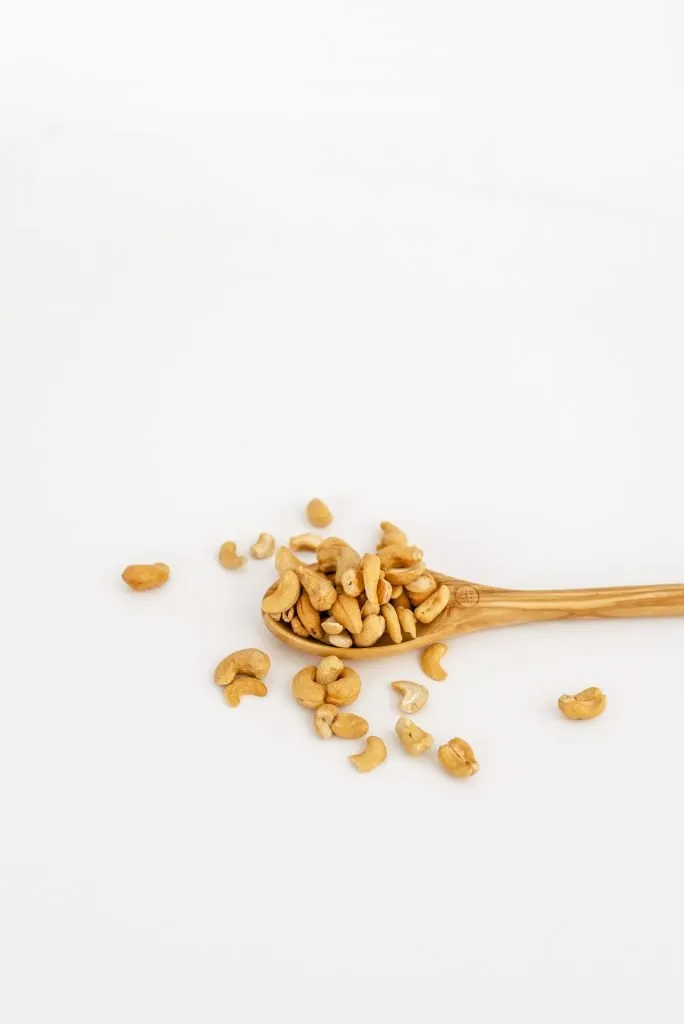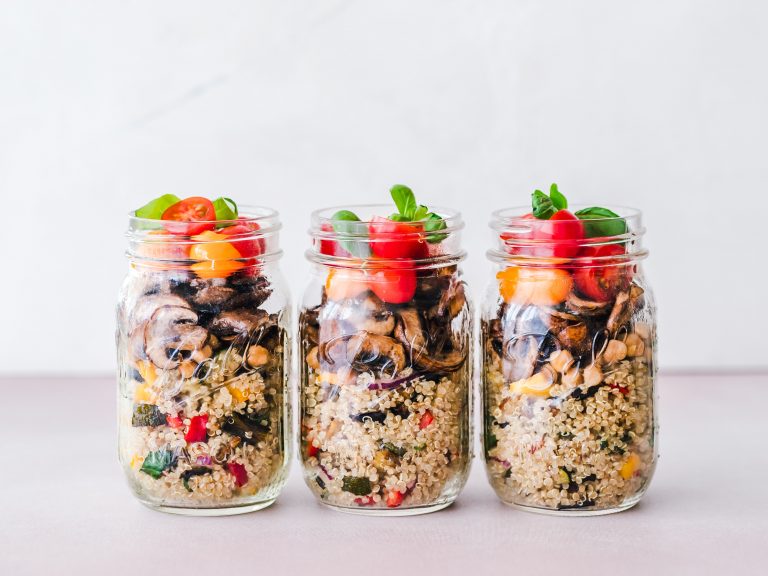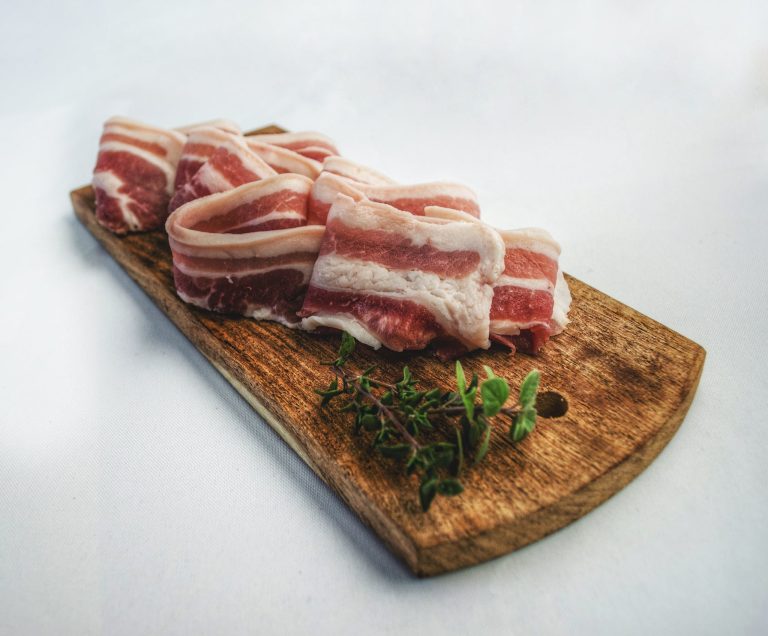5 Keto Diet Mistakes To Avoid
The Keto diet is a low-carb, high-fat diet that has grown in popularity over the past few years.
The Ketogenic Diet consists of a high amount of fat, a moderate amount of protein, and low amount of carbohydrates.
It is well known that individuals who have high levels of fatty acids (e.g. Omega 3s) in their blood are less likely to suffer from cardiovascular diseases than those who don’t consume them regularly.
Thus, it makes sense why many Keto Diet enthusiasts put so much emphasis on fatty foods like fish, nuts, avocado oil and olive oil – both as ingredients and food sources.
What is a keto diet?
The keto diet is a low-carb, high-fat diet that is used to reduce the risk of developing Type II diabetes. It has become popular recently due to its many health benefits, including weight loss and improved mental clarity. A typical day on the Keto diet is low in carbs and high in fats. The main staples you need to avoid are bread and sugar. You also need to steer clear of anything high in carbohydrates including fruit because insulin levels will spike too much as a result.
How to start a keto diet?
There are many benefits to the ketogenic diet and it is definitely worth the effort. However, there are some key mistakes that you should avoid when starting a keto diet.
For example, you should avoid taking in too much salt or using an excessive amount of caffeine (or other stimulants) while on your Keto Diet.
You might also be at a higher risk of developing kidney stones if you do not drink enough water during your first week or two on the Keto Diet.
Another mistake people make when they are just starting out with a keto diet is eating too many carbohydrates – this can cause a sudden drop in blood sugar and leave you feeling lightheaded and dizzy.
The secret to remember is to not eat too quickly and take small bites with each food item so that your body has time to process what it’s being fed.
Make sure you’re eating the right foods
On the Ketogenic Diet Many Keto Diet enthusiasts are eager to embrace this diet as a potential weight loss strategy. However, many individuals make mistakes or experience problems with the Ketogenic Diet due to eating high amounts of protein and not enough fat.
In order to avoid these problems, it is important that you pay close attention to your food choices on the diet and consume high-quality fats at each meal.
You should also make sure you’re getting enough micronutrients (i.e., vitamins and minerals) in your daily diet, as well as consuming ample water throughout the day (8 glasses per day).
Avoid the Keto Diet Mistake ➡️ Trying to eat too much fat
The Keto Diet is not a high-fat diet, so it would be best to avoid eating too much fat if you are using the diet as a recovery or weight loss strategy.
Too much dietary fat can have negative consequences on health such as heart disease and cancer.
Avoid the Keto Diet Mistake ➡️ Not consuming enough protein
The problem with following a low-carb diet is that it can lead to muscle loss, fatigue, and even depression.
One of the most common mistakes people who follow a keto diet make is not consuming enough protein.
The human body requires about 50 grams per day to maintain optimal health and proper functioning. Because of this, those following a Keto Diet must consume protein from meat or plant-based foods.
As a result, those following a Keto Diet typically consume more animal proteins than plant-based proteins. It can be hard to consume enough protein on such a restricted diet plan – but it is important when trying to build muscle while also losing fat!
Avoid the Keto Diet Mistake ➡️ Not taking carbohydrates seriously enough
The ketogenic diet is a high-fat, low-carb diet that helps to manage health issues related to obesity, diabetes and metabolic syndrome.
However, it is important to remember that the vast majority of your daily calories should come from carbohydrates
By not focusing on getting enough carbohydrates in your diet, you can put yourself at risk for deficiencies in micronutrients like calcium, vitamin D, iron and magnesium.
Additionally, it’s hard to maintain a proper ratio of fatty acids and carbohydrates because the body cannot store excess nutrients from one food source when you are restricting another.
For example, if you eat too many fats without enough carbs in your diet, you might experience an imbalance in blood sugar levels or hyperglycemia.
Additionally, people often forget about protein intake as they focus on fat intake. It is important to ensure that protein intake doesn’t fall below-recommended amounts while following the ketogenic diet.
This will help to balance out your blood sugar levels and protein requirements.
What are the benefits of the ketogenic diet?
Ketogenic diets have many health benefits and can help you lose weight safely.
When you eat a ketogenic diet, your body turns fat into energy, rather than using glucose from carbs. This process burns extra calories and helps you lose weight.
Keto diet plans also help in lowering blood sugar levels and improving your overall health. Many studies have shown that eating a ketogenic diet can improve blood sugar control in people with type 2 diabetes. In addition, lowering blood sugar levels can dramatically improve the symptoms of neurodegenerative diseases like Alzheimer’s, Parkinson’s and even dementia.
A keto diet can also help you lose weight and lower your cholesterol level.
In one study, researchers found that participants who followed a keto diet for eight weeks had lower blood pressure and LDL cholesterol levels than those who followed a low-fat or low-carb diet.
There are many benefits of adopting a ketogenic diet. Overall, it is a very healthy and safe way to lose weight and improve overall health.
What are the foods that are recommended on the ketogenic diet?
The following are some examples of healthy ketogenic foods:
1. Grass-fed meat and fish
2. Pulses (chickpeas, lentils, and beans)
3. Coconut oil
4. Nuts and seeds
5. Avocado
6. Cheese
7. Dark chocolate
8. Butter (organic and unsalted)
9. Eggs
10. Green vegetables (e.g., cucumbers, spinach, lettuce, celery, etc.)
Final Words
The Keto diet is a complex and dynamic approach. In practice, it looks different for everyone, depending on their unique circumstances.
It’s important to remember that following the Ketogenic Diet means being flexible and not letting any rigid rules dictate what you eat.
The key is to find the diet that works best for your body and lifestyle.
It’s also important to note that certain ingredients can make it more difficult to follow the Ketogenic Diet. For example, artificial sweeteners will spike blood sugar levels and may cause your body to crave carbohydrates more than fats.







